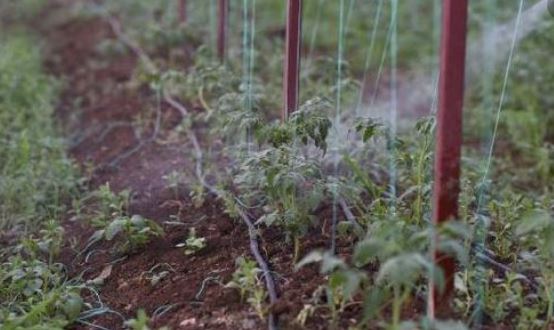×
The Standard e-Paper
Home To Bold Columnists

Kenya has developed a one-year marketing strategy for its horticulture products targeting the European Union, United Kingdom, Australia, United Arab Emirates, Russia, China, and United States towards achieving a 10 per cent export growth in 2020-2021.